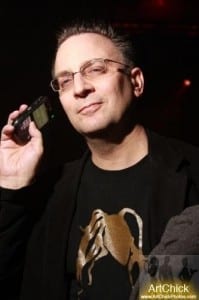
October 18,2017
the staff of the Ridgewood blog
Glen Rock NJ, the Glen Rock Police have issued a statement concerning video taping and photography at police incidents .
Glen Rock Police : We have heard that some people have been questioning the fact that photos of juveniles and others have been taken at police incidents in the past by members of the press or public.
The taking of photographs and/or videos by private citizens and media personnel is permitted within areas open to general public access and occupancy and is permitted under the US Constitution in the First, Fourth and Fourteenth Amendments. (Christopher Sharp v. Baltimore City Police Department, et. al.). No citizen has the expectation of privacy when they are in public regardless of their status as a victim, juvenile or offender.
A civilian may video record or photograph a police and public safety activities as long as they:
1. Remain at a reasonable distance;
2. Do not interfere with the duties and responsibilities of police and other public safety personnel;
3. Do not create a safety concern for the officer, a person detained, a victim, other persons or themselves.
A citizen’s right to record police activity is coextensive with that of the press. There should be no burden on an individual’s right to record police activity than they place on members of the press. A citizen does not need “press credentials” to record police officers engaged in the public discharge of their duties.
FYI :
The First Amendment to the United States Constitution prevents Congress from making any law respecting an establishment of religion, prohibiting the free exercise of religion, or abridging the freedom of speech, the freedom of the press, the right to peaceably assemble, or to petition for a governmental redress of grievances. It was adopted on December 15, 1791, as one of the ten amendments that constitute the Bill of
The Fourth Amendment (Amendment IV) to the United States Constitution is the part of the Bill of Rights that prohibits unreasonable searches and seizures and requires any warrant to be judicially sanctioned and supported by probable cause
The 14th amendment was adopted in 1868, after the American Civil War, and addresses the equal protection and rights of former slaves. The 14th amendment limits the action of state and local officials. In addition to equal protection under the law to all citizens, the amendment also addresses what is called “due process”, which prevents citizens from being illegally deprived of life, liberty, or property.

